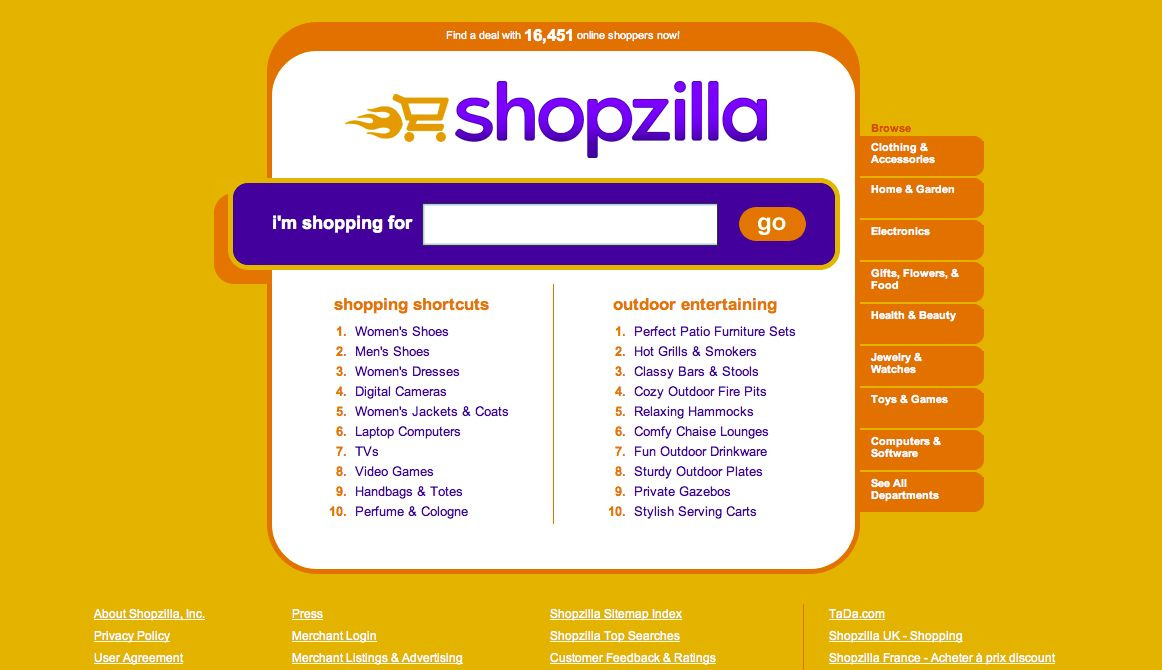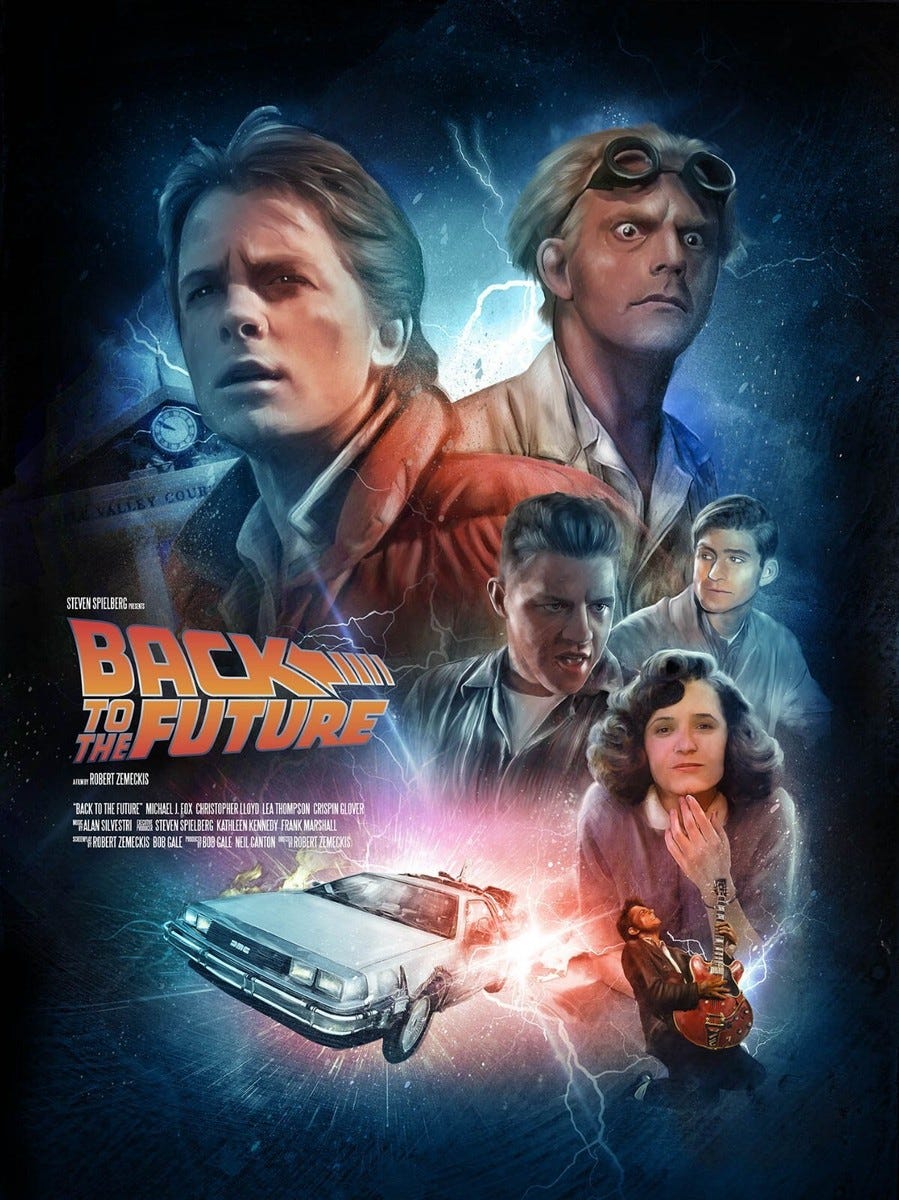Gen Z Don't Like The Way You Are Making Content
Scanners! AI as distribution shift. Stop comparing. Goodbye Linda.
POD 142: AI Headfake
AI is being used as a convenient scapegoat for broader structural declines. The real issue isn’t that AI killed media. It’s that the old distribution ecosystem has broken down. Plus: the end of Demand Media and Linda Yaccarino’s tenure as X CEO; the coming AI browser wars; why Gen Z skips to the comments; and the afterlife of dead flowers as potpourri. Out Friday AM. Listen.
PVA CONVERSATION
Troy: Gen Z are from Mars
Morning! Some good nugs from our discussion this week.
Let’s start with a new study from JigSaw (Google) on the information consumption habits of Gen ZZZs in the US and India. Go ahead… feed that lengthy report into your LLM of choice and discover young media consumers are from Mars and old ones are from Venus.
The study describes a behavioral pattern among Gen Z users that includes reading headlines and skipping to the comments—especially when engaging in more passive information modes. I.e... most of the that content you made is just filler. Gen Z love to scan. They don’t see content in discrete text / video / audio / profesh / UGC buckets as you Olds tend to. Older generations trust institutional authority and legacy brands, while Gen Z trusts content based on platform context, peer validation, and aesthetic credibility—regardless of source.
“Participants often avoided long-form content unless they were in an active seeking mode. In more passive states, they defaulted to headlines, summaries, or user comments to quickly assess information… Rather than deeply engaging with a piece, participants sought quick signals—like visual design, tone, or community response—to determine whether something was worth their time.”
Now let’s reflect on we actually make media and where we should be investing for long term sustainability. Ask your kids! Mine told me to make this newsletter more snappy.
Is it just me is the NYT agonizingly verbose? The FT is better like that.
It’s just distribution, dummy
Next… sure this current disruptive moment for people that make media (and people who sell things) is about AI but it’s better understood as just a fundamental change in distribution (especially the decline of the gigantic, unprecedented wellspring of distilled consumer intent that is Google). There’s something decidedly old-fashioned about the emerging landscape:
We have to focus on upper funnel awareness and real customer connections just like in before times;
We cannot go wide like we did in the SCALE era;
Google Discover is not gonna save you;
Google doesn’t give a shit about your links;
A “new” platform is not gonna give like the old;
We are at the end of superficial aggregation as audience strategy.
The end of “comparison” anything
Like remember the time that Google turned on Google Shopping and put a bullet in all the comparison shopping sites like Shopzilla? This is now happening in slow motion across the affiliate value chain. The service proposition of aggregating product information, tucking bullshit reviews under recognizable brands, taking a toll on consumer that move through the gauntlet… is being slowly compressed out existence:
AI will always do personalized comparison better than the content slaves;
Suddenly UGC data, that stuff about virtually every product and service that people find hard to read on Reddit, is becoming beautifully accessible by the AI chatbot;
Anything that is not super high value like real unique research data or a product or service, current pricing data or real expert opinion… will get marginalized;
Unexploited value “layers” through a digital purchase process always emerge. The arb shifts. The industry will refocus on optimizing the last mile of transaction that AI can’t as easily marginalize… like what happens between finding a phone number for a local contractor or mover and actually hiring someone to do it;
You will want to do video instead but this probably won’t work for most of you. Call me and I will explain why.
Bye Linda
So the number one thing we want to know is how much money Linda made during her two year apprenticeship at Elon school. Was it worth it? Some might also wonder if this career turn was good for brand Linda and future Linda marketability. I would point to a quote from a recent Ezra Klein discussion with Kyla Scanlon: “Donald Trump and Zohran Mamdani are both proof of how the ability to capture attention is power.” Before people the media industry knew Linda. Now she is a household name. That fame is valuable to someone.
Substack’s future
We didn’t have much time to cover this interesting topic, but what would you do take make that bird sing? My wish list would include 1) Better audience management and CRM for creators; 2) Useful discovery and content aggregation interfaces for readers; 3) Bundles!; 4) A podcast ad network.
What else would you add? Over to you…
Brian: Shopzzila, Demand Media and the end of arb
I’m glad you are keeping the legacy of Shopzilla alive. What’s crazy about that company is Scripps spent $525 million for it in 2005. Different times. That was around the time when fellow LA-based internet company Demand Media was seen as an interesting part of the future of media. Demand became synonymous with the content-farm era of web publishing, and I would argue that premium publishers – whatever that means – chased the Demand Media and its clones over the years, ultimately to their detriment. I understand it. The incentives were clear, since Google set them. And now Google’s changed those incentives and is replacing them with…. Well, that part isn’t clear.
Shopzilla wasn’t saved – it became Connexity and eventually owned by Taboola – and this week the husk of Demand Media got re-traded again and most of it shuttered. It’s interesting that you’re saying publishers need to return to focusing on the top of the funnel, to building events and franchises, and abandon the notion of competing on performance. Publishers simply won’t be able to produce comparable results to the massive tech platforms and retail media networks that are proliferating.
The compression happening is blamed on AI, but it’s clearly something far deeper. AI is just an accelerant. The kind of information arbitrage Demand was doing, and most publishers had a variation, is being eradicated. Same is happening with shopping arbitrage. Google is going to keep all the value, and it was always rather generous in allowing some of that to leak to publishers. Google Discover is one of the last lifelines. If Google messes with that substantially, it’s curtains for many. Protect Discover at all costs.
I’m interested in this back-to-the-future thesis. I think this is true. Publishers have to be brands now, and make money off those brands in varied ways. I hear all the time about events. I’m sorry, events are not going to save you if you are an SEO brand. Neil had to buy real brands because most of the brands Dotdash ginned up out of the About.com properties were what I consider minimally viable brands. They were plausible in the SEO fighting pits, not that much in real life. Most of these events efforts by publishers will fail because they neglected their brands to chase Demand-style arbitrage opportunities.
Alex: Naive media outsider rant time!
Media companies spent 20 years chasing SEO and forgot how to make stuff people actually want. Now they’re trying to become platforms — trying to own distribution, transactions, conversion, whatever. Wrong lesson. Stop. Build an audience. Let creatives lead. It’ll hurt for a while, but the alternative is cheaper content, smaller impact, and a slow, boring death. Nurture talent. Nurture audience. I think?
In a world of infinite content, what’s actually worth paying for or even seeking out? Everyone’s obsessed with making content cheaper, but no one’s asking what content is actually worth anything. Cheaper goes to zero. No moat. Platforms want to kill the middlemen, and many media companies have turned themselves into exactly that.
Also: browsers are the next big AI land grab. Phones aren’t going anywhere, so forget new hardware. Own the browser, own the user. It’s where people are logged in, wallets loaded, habits baked. Expect a flood of AI browsers this year. Big upside. Big risk. Google (and maybe Apple) will copy what works and potentially crush whoever gets traction unless they get in their own way. The web’s about to get weird.
I sound apocalyptic, but I’m really not. There’s so much room to stand out. This new reality is a creative opportunity. The flood of free AI trash will only make real, valuable work stand out more. We let the web become a mess. Now we get to rebuild it. People are resourceful. Change is good.








Amplified with Gen A